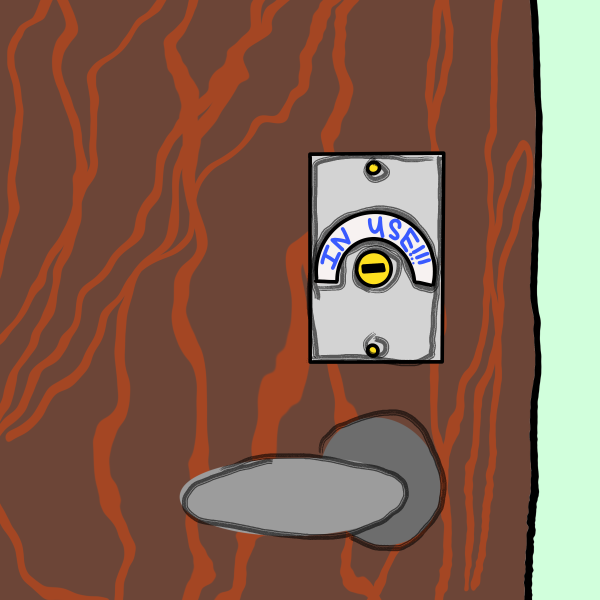Is the wage worth it?
A new citywide wage ordinance by the end of the year is raising questions on minimum wage.
September 28, 2018
A minimum wage increase to $15 in the city of Saint Paul isn’t in the books yet, but many believe we will have a solution shortly. Advocates for the increase include Mayor Melvin Carter, who said in a statement he is “committed to signing a $15 minimum wage into law before the end of this year.” St. Paul put together a team to weigh the pros and cons of a pay hike.
I think that something must be done to combat lower-income workers, but I don’t believe the solution is through a city-wide wage increase. I advocate for more education available to those looking to improve their skills. This could be provided through community education or given at a discount to lower-income workers looking to gain an edge. It can be difficult for some to learn a new skill or professionally develop themselves. If you’re already struggling to make ends meet, how could you afford to take the time to spend a few hours a week learning new skills? I don’t have an answer to this question but there’s many examples of people who had to stretch or challenge themselves in order to achieve their dreams. If there’s something you’re striving towards, you should take proactive steps towards accomplishment.
A search on the St. Paul Public Library’s website reveals classes for learning basic computer skills, Microsoft Word, business plans and even Adobe Suite products. All of these are available online with a registration with the library. There’s even a four-part series called “Side Hustle to Success” for those looking to start a new business or turn a hobby into a full-time job. They also offer open computer lab times to learning basic skills, write a resume or search online for jobs and provide first-come, first-served assistance.
I think too often others believe the government can help them by raising their wages. They might think more money will fix all of their problems, or that they deserve this after years at the same minimum-wage job. Maybe these are people who have had difficulties in their life; maybe they are people who have had their fair share of tragedy, bad luck and oppression. We can paint a picture of the minimum wage-worker all day long. However, we need to keep in mind not only the employee who could benefit, but the employer who could suffer.
Let’s imagine you frequent a small “mom and pop” grocery store on the corner near your residence. It’s convenient for you to get there, they have a variety of groceries, it’s affordable, within walking distance and it’s family-run. Sounds lovely, right? What happens when they have to increase the wages for the workers they employ?
A heritage.org article from Research Fellow James Sherk, points out the negative outcomes. “Economic research consistently finds that businesses pass minimum-wage costs on to their customers through price increases. Most minimum-wage employees work for small firms in competitive markets. These companies have small profit margins. They can only pay higher wages if they raise prices. Customers—not business owners—pay that cost.”
Your small corner grocery might be fine if they have enough revenue to support their current staff, but imagine if they didn’t? Would they have to fire some of their workers? Would you still be able to afford their prices? You stop shopping there in order to keep your costs down, but now they are suffering from lack of customers like you who can no longer purchase their goods. They could shut down, in turn, affecting their own livelihood.
Now, this is just an example I’ve created, but it’s definitely a possibility. Sherk shares more research in his article to point out the very real costs customers unfortunately receive: Economists Sylvia Allegretto and Michael Reich at the University of California Berkeley advocate for minimum wage increase. After examining how San Jose’s 2013 starting wage increase to $10 affected restaurant prices, they concluded that the restaurants essentially passed the full-wage increase to their customers. To me, this doesn’t sound like the best solution. It only hurts the restaurant and could potentially drive all of their business away.
St. Paul Chamber of Commerce President B Kyle agrees: “[the citywide minimum wage] will most certainly result in lost business hours and jobs where employers cannot absorb the externally mandated cost increases.”
As far as student workers are involved, there is not yet information on what will happen to our pay. Personally, I don’t really think I deserve $15 an hour to sit at a front desk on campus and do my homework for a few hours. Could I use $15 an hour? Oh, definitely. I’ve got bills to pay and a ‘97 Honda that could use a replacement. However, I’d rather get paid for the skills I do have and have fortunately been able to earn. Do you think differently? Write in to us, I’d be happy to hear your thoughts.





